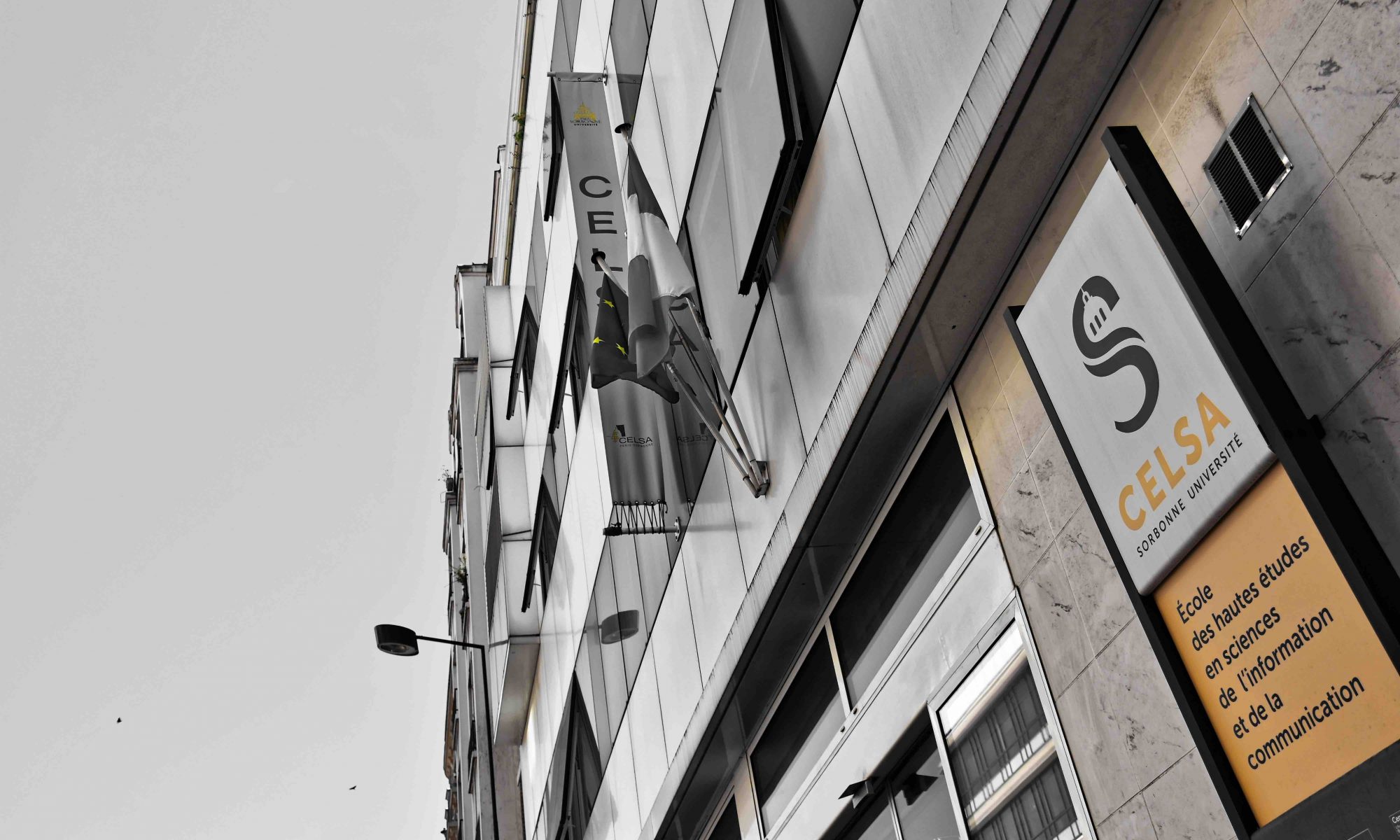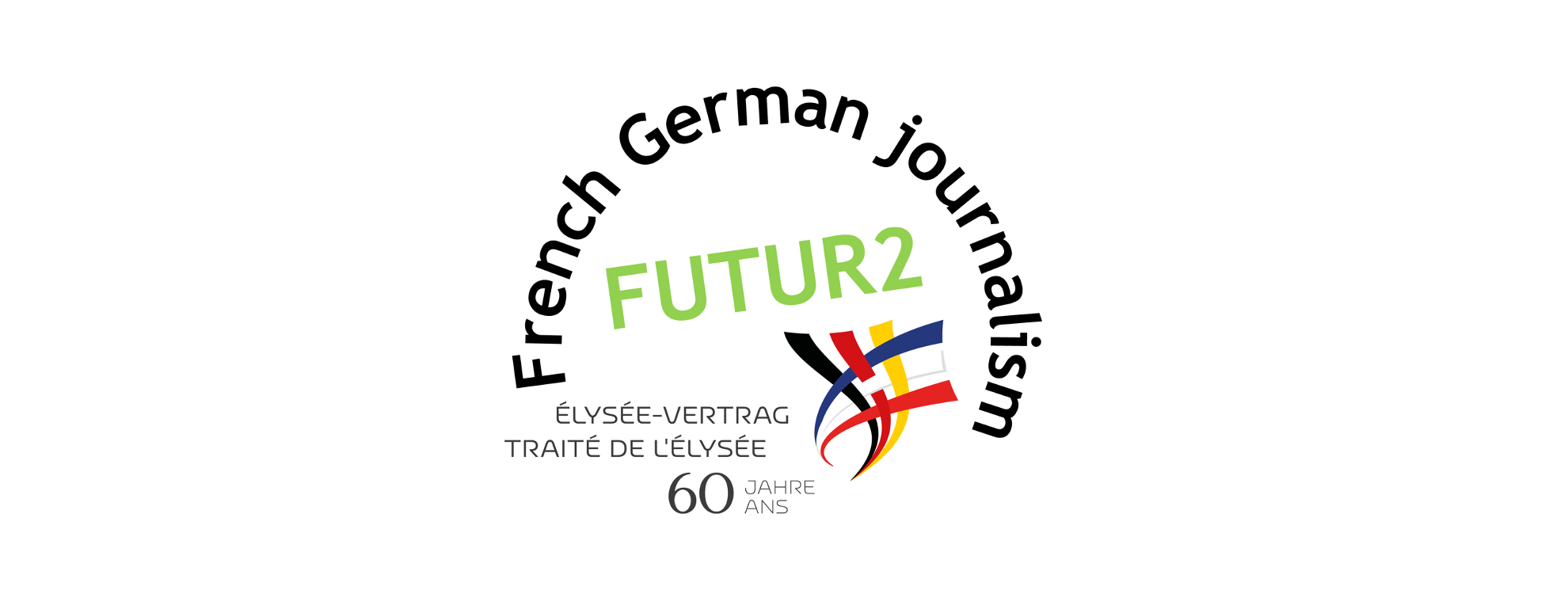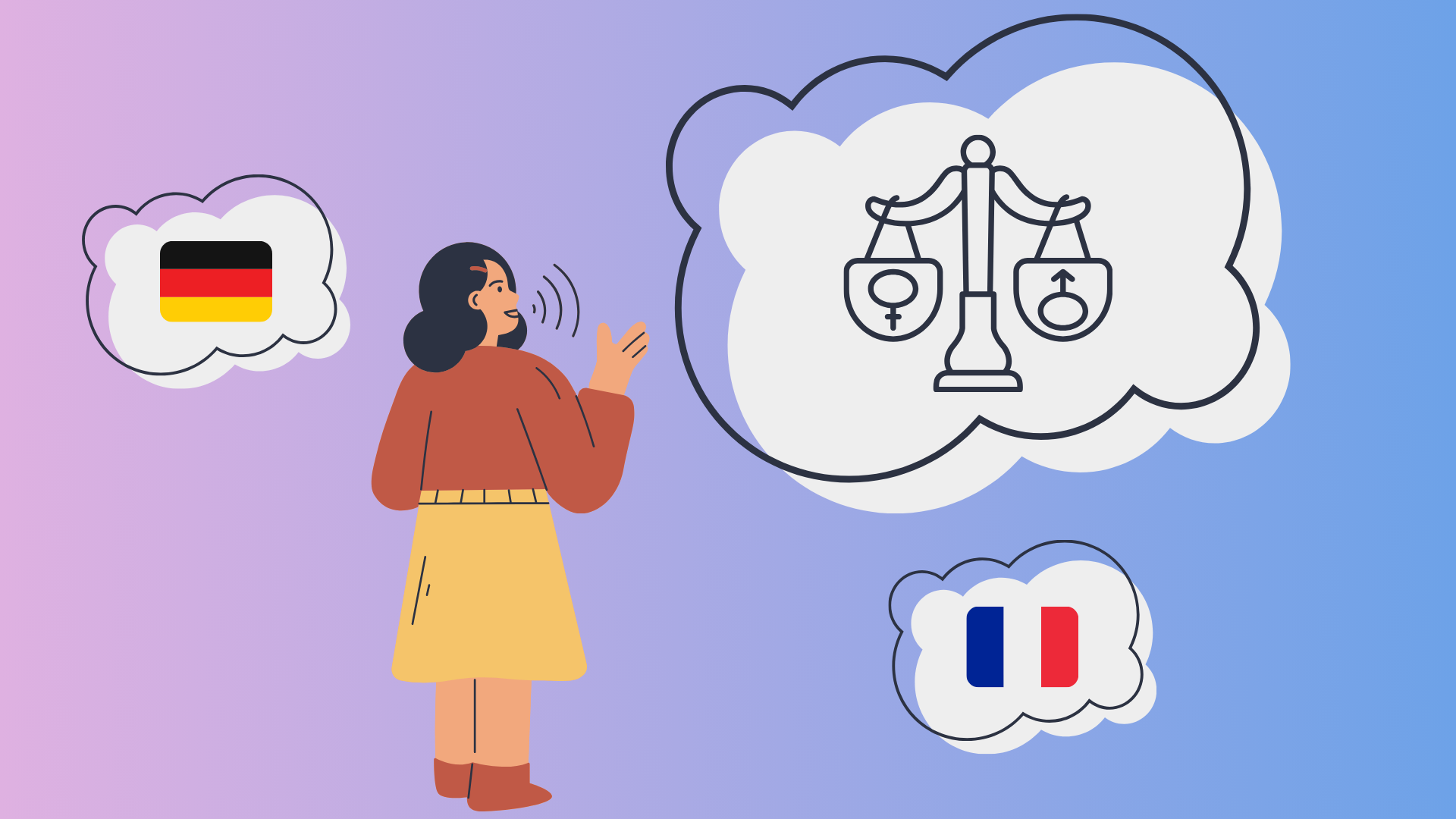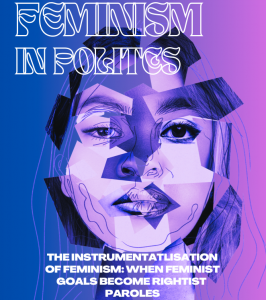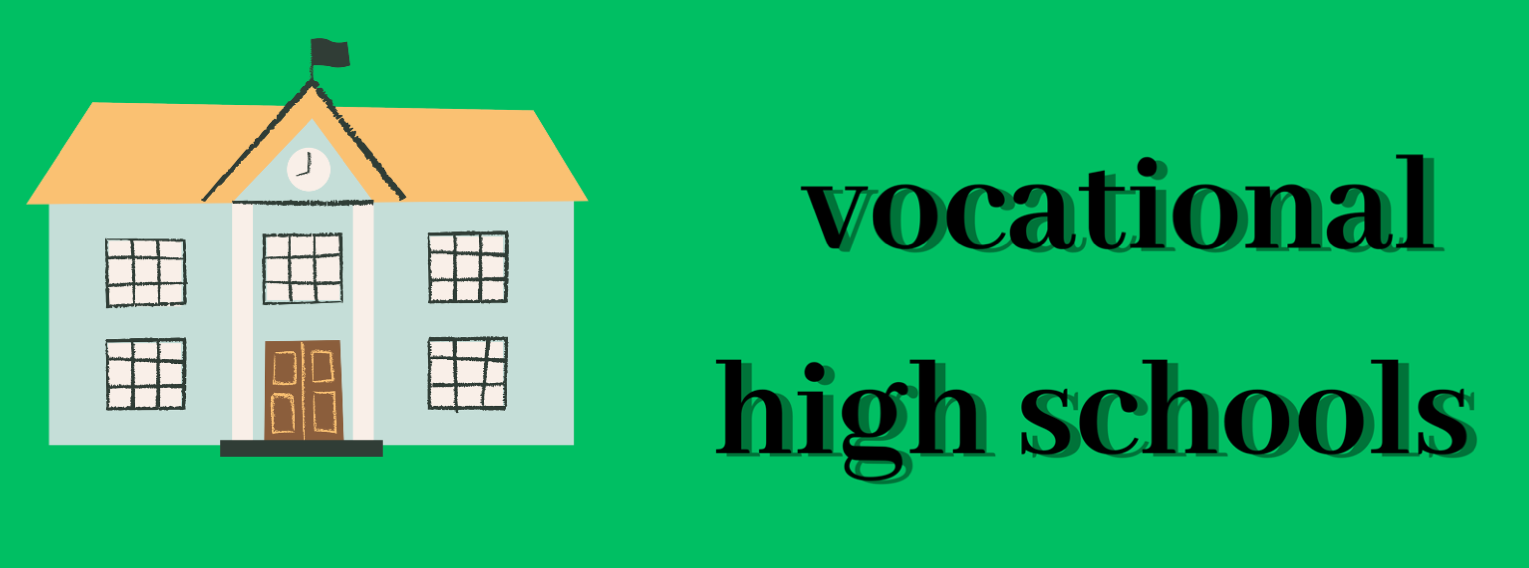Even 60 years after the conclusion of the Elysee Treaty, there is still no international or European public sphere. Although many political and social issues affect France and Germany equally, discussions and solutions often take place separeately in each country. In journalism, national politicians are interviewed, national experts give their opinions and the countries’ own interests and protagonists are shown. The project Futur2 provides the audience and readers with international, especially French-German topics, from an international point of view.
54 journalism students from two universities – from the journalism department at the Catholic University of Eichstätt-Ingolstadt and from the CELSA journalism school at Sorbonne University – met in Cologne to work together on topics such as nuclear energy, police violence, eating habits in France and Germany and its deep cultural roots, on gender pay gap across cultures, gender sensitive language, feminism in politics or food waste: Continuer la lecture de « French-German journalism #Futur2 »
